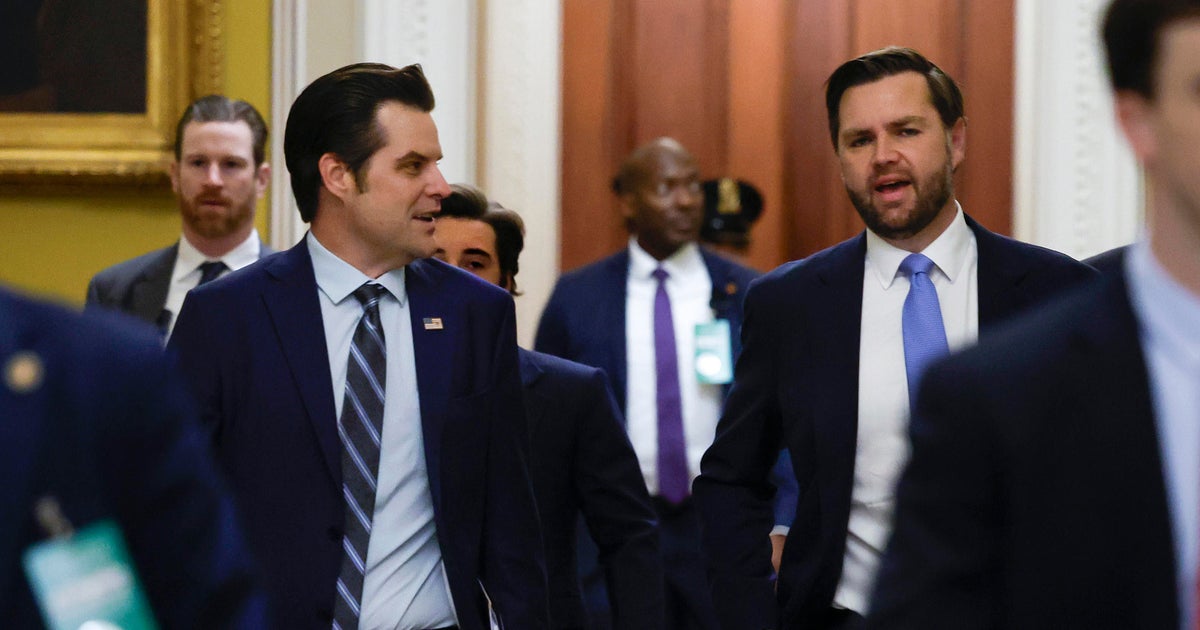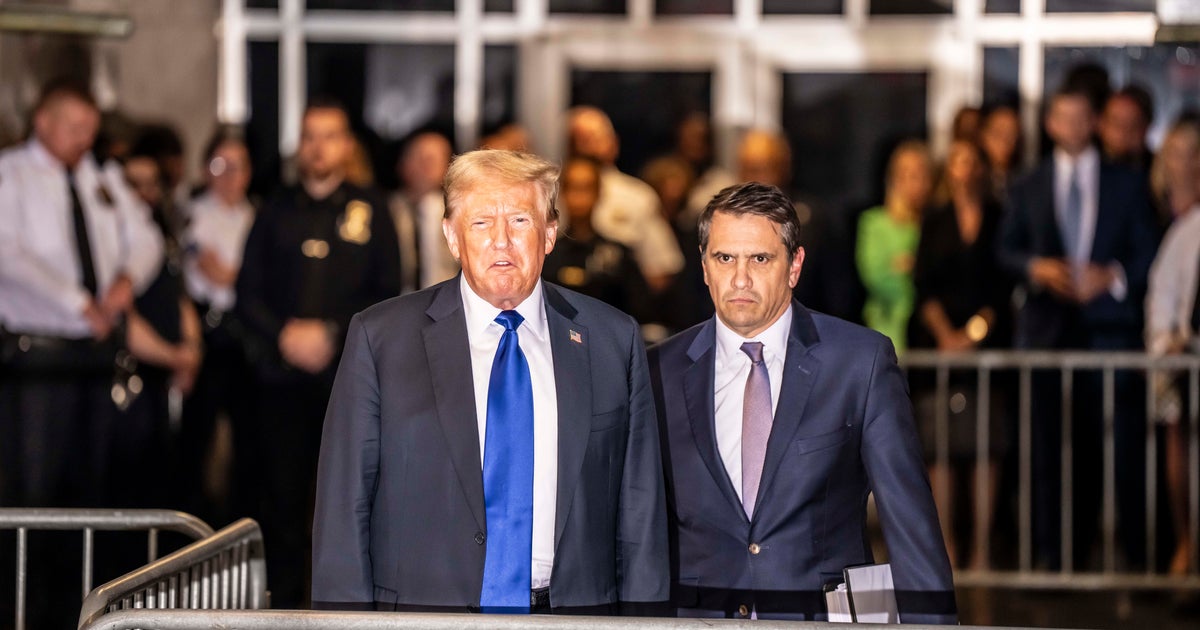What we can expect from Biden's inaugural address
President-elect Joe Biden spent the weekend working through a major homework assignment: The first speech of his presidency, an inaugural address set to be delivered on the West Front of the U.S. Capitol amid an unprecedented crush of security at a time of deep divisions and uncertainty about the country's future.
Aides are sharing little specific in advance, knowing from experience that the former vice president is likely to continue reworking his remarks up until shortly before the big moment. He's joined in the writing and thinking about the speech by family members, especially his wife, Dr. Jill Biden, and his sister, Valerie Biden Owens, plus his longtime senior counselor, Mike Donilon, and Vinay Reddy, the president-elect's speechwriting director who held a similar role during his vice presidency.
"This will be a moment where President-elect Biden will really work to try to turn the page on the divisiveness and the hatred over the last four years and really lay out a positive, optimistic vision for the country, and ... lay out a path forward that really calls on all of us to work together," incoming White House communications director Kate Bedingfield said Sunday on ABC's "This Week."
The general themes of the most high-profile speech of Mr. Biden's decades-long political career are likely to be extended or loftier riffs on some of his more familiar lines over the course of his campaign and presidential transition. Statements that speak to unity or that attempt to buck-up a country withering from a pandemic, a reckoning on race relations and the violence that played out in the same spot from which the new president will speak.
That means viewers can expect lines such as what Mr. Biden said Friday when he detailed his COVID-19 vaccination plans: "As we've seen during this pandemic, we can't solve our problems as a divided nation. The only way we come through this is together as fellow Americans and as the United States of America."
And there's likely to be something like this oft-used line, used most recently in a written statement last Wednesday after President Trump was impeached for the second time: "There is nothing we can't do, if we do it together. And it has never been more critical for us to stand together as a nation than right now."
A transition official told CBS News that Mr. Biden is expected to directly address Mr. Trump's supporters and emphasize that he is the president for all Americans, as he has done many times before.
Close observers of the president-elect, who is set to be the second Roman Catholic to serve as president and one of a handful of Irish-Americans to ascend to the role, won't be surprised if there's a touch of scripture or Irish poetry worked into the remarks.
On November 7, the night that news organizations projected him the winner of the presidential contest, Mr. Biden quoted from the popular Catholic hymn, "On Eagle's Wings" as he tried to acknowledge the pain and suffering being experienced by so many Americans during the pandemic:
"And He will raise you up on eagle's wings,
Bear you on the breath of dawn,
Make you to shine like the sun,
And hold you in the palm of His Hand."
And as a senator and vice president, Mr. Biden frequently quoted the work of one of his favorite Irish poets, Seamus Heaney, most especially the poem, "The Cure at Troy," which reads in part:
"Human beings suffer.
They torture one another.
They get hurt and get hard.
No poem or play or song
Can fully right a wrong
Inflicted and endured.
'History says, Don't hope
On this side of the grave,'
But then, once in a lifetime
The longed-for tidal wave
Of justice can rise up,
And hope and history rhyme."
No matter what he is preparing to say, he will deliver his remarks without his predecessor, Mr. Trump, on the inaugural stage. The outgoing president is set to be the first in modern times to skip the swearing-in of his successor.
Even in Mr. Trump's absence, what Mr. Biden says will most certainly sharply contrast with the "American Carnage" address delivered by the current president on January 20, 2017.
Ron Klain, the incoming White House chief of staff, said Sunday on CNN's "State of the Union" that the Biden speech is "going to be the message of moving this country forward. It's a message of unity. It's a message of getting things done. That's what he will be talking about January 20."
And after the pomp and circumstance of the day, Klain said the new president is "going to come back to the White House after giving that speech at the Capitol and take some immediate actions to start to move this country forward."
Weijia Jiang contributed to this report.





